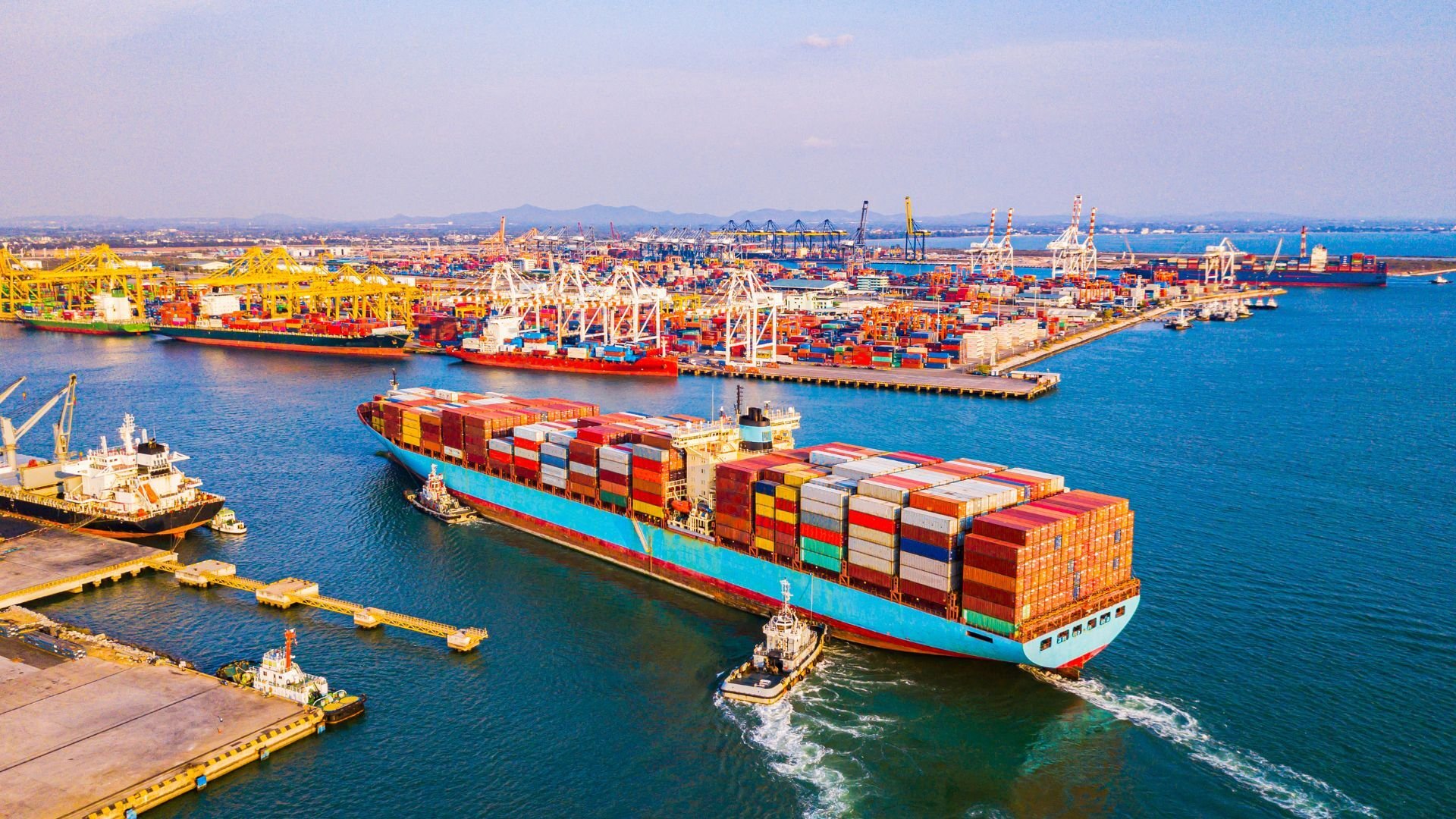
Free guide to avoid losses in international logistics

In international logistics, it is not enough just to comply, you have to anticipate. More and more companies are reporting losses and delays despite having their processes in order. The reason? Invisible operational risks that do not appear in any contract. If you have also felt that you are doing everything right, but you still lose time and money... this article is for you.
Why are your shipments delayed if everything is "fine"?
Even if the processes are "in order", many logistics operations fail in the smallest details:
-
Last minute changes in routes or ports.
-
Inefficient coordination between supplier and carrier.
-
Outdated shipping documentation.
-
Misinterpretation of the type of insurance coverage contracted.
The most worrying thing is that these errors are not always detected in time. And when they are... there is already a cost overrun, an ongoing claim or a dissatisfied customer.
Real example: A fruit exporter suffered a cargo rejection at destination due to minor inconsistencies between the packing list and the BL. The problem was not operational, but a lack of prior verification.
 Hidden obstacles that increase your costs
Hidden obstacles that increase your costs
The errors that generate the most losses are not always the big claims, but the ones that are repeated week after week:
-
Waits due to poor scheduling with freight forwarders.
-
Costs due to unplanned storage.
-
Contractual penalties for failure to meet deadlines.
-
Loss of customers due to poor traceability or visibility of the shipment.
Most of these problems could be avoided if there was a more rigorous and updated control of the logistics flow. That's why JAH designed a tool that can help you prevent losses before they occur.
Logistics Audit Checklist for Foreign Trade Operators
This guide is designed for exporters, logistics operators and carriers who want to improve their operational efficiency and reduce recurring losses.
What does it contain?
-
Validation of critical documents prior to shipment.
-
Coordination control between commercial, transport and customs.
-
Verification of contracted coverages vs. type of cargo.
-
Tracking control in transit and break points.
-
List of the most frequent errors that affect insurance claims.
Risks and opportunities
From our experience as specialists in international cargo insurance, we have identified that many exporters operate with policies that do not cover critical stages of the logistics process. For example:
-
The container is not insured while it remains in yards, bonded or bonded warehouses, which represents a real risk window for theft, accidents or claims.
-
Unplanned transshipments or delays are not covered in standard policies, leaving the company exposed.
-
Errors in activating coverage (such as dates, declared values or specific routes) result in the rejection of legitimate claims.
Our specialized Logistics Delay insurance includes protection for empty containers used as packaging, extended coverage while in yards or warehouses, and compensation for economic losses resulting from operational delays not attributable to the exporter.
At JAH, we offer comprehensive coverage that does consider these realities of international trade.
Practical tips for exporters and logistics operators
-
Do an internal logistics audit every quarter.
-
Make sure your insurance includes partial loss, theft in transit and transshipment.
-
Have a clear protocol for claims notification.
-
Train your team to read policies and coverage conditions.
-
Work with a broker who understands your operation, not just sells a product.
Do you want to reduce your logistical losses and have real support in each shipment?
At JAH Insurance Brokers we don't sell insurance, we offer real solutions that fit your needs.
Contact us for a free consultation or download our logistics audit guide and start protecting your operation with intelligence.




.jpg?width=356&height=78&name=Banners%20mails%20(1).jpg)
.png?width=2000&height=889&name=exportaciones-colombia-productos-arancel-cero.jpg%20(1).png)